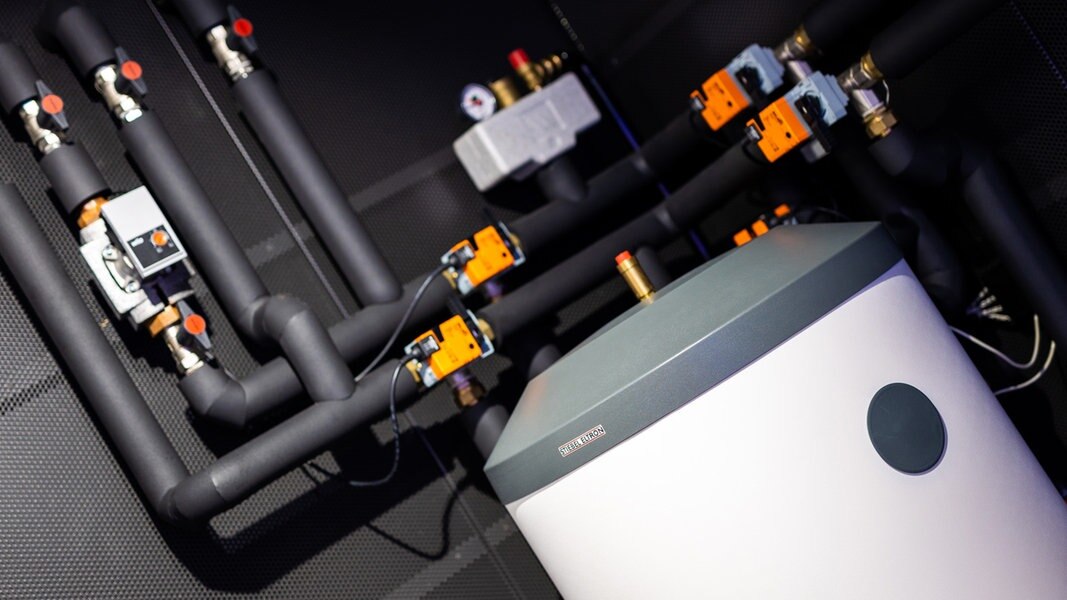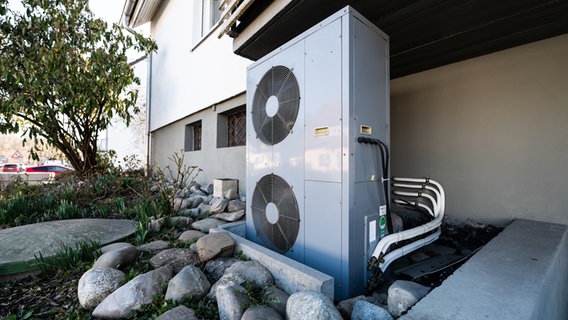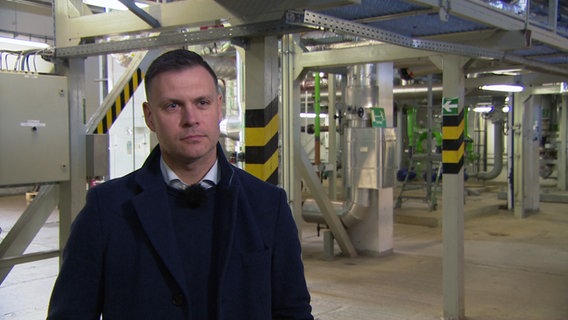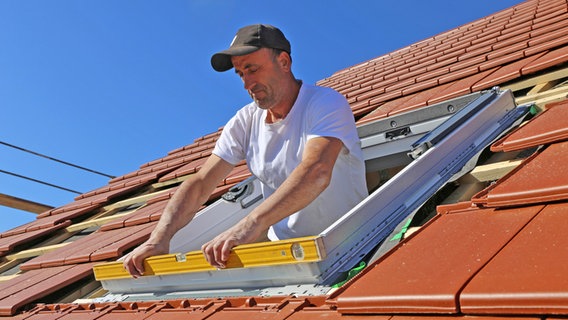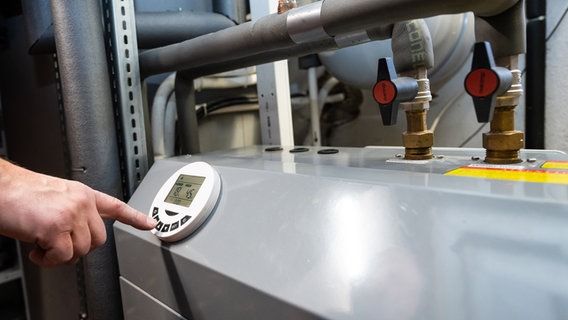Status: 05/03/2023 1:09 p.m
From 2024 it is expected that pure oil and gas heating systems will no longer be allowed to be installed in houses. What consumers need to know about replacing their heating system: Subsidies, bonuses, loans and deadlines.
The big turning point in the boiler room is about to come. To this end, the federal cabinet presented the amendment to the Building Energy Act (GEG) on April 19. The law still has to be passed by the Bundestag and Bundesrat. But it is considered certain: from 2024, no more pure oil and gas heating systems may be installed in houses. The largest part of the heating output, at least 65 percent, must then come from renewable energies. Systems that have already been installed can continue to run and can also be repaired.
Funding open to all technologies
Alternatives to the installation of purely fossil heating systems in new builds and existing buildings are, for example, connection to a heating network, heat pumps, direct electricity heating, solar thermal heating, hybrid heating, biogas or biomass heating and hydrogen gas heating that uses green or blue hydrogen. Choosing the right technology for a building depends on many factors. Consumers should consult an energy consultant or expert installer before replacing them. In order to make the transformation possible in a timely and socially responsible manner, the federal government wants to set up a multi-billion dollar funding program. The corresponding funding concept is based on the existing federal funding for efficient buildings (BEG), but is being further developed.
Further information
Basics, deadlines and transitional periods
Even now, a heating system has to be replaced after just 30 years of service. Running oil and gas heating systems therefore do not have to be replaced immediately after the GEG has come into force. They can also be repaired and continue to operate. However, if they can no longer be repaired in the event of an accident, a transitional period applies. This transition period stipulates that a fossil-fuelled heating system can be installed for a period of three years before a climate-friendly system has to be used.
Basic support still applies
The basic funding continues to be within the framework of the BEG. Citizens who own their own homes, but also small landlords (up to six residential units, one of which they live in) can apply for a subsidy of 30 percent to exchange an old fossil fuel heating system for a new, climate-friendly heating system. The subsidy applies to all income brackets, regardless of the climate-friendly technology chosen for the heating system. For heating systems that can also be operated with hydrogen in the future, only the additional costs for the “H2-readiness” of the system are eligible.
Climate bonus 1 as an incentive and relief
There are also incentives – so-called climate bonuses. Citizens who are not yet obliged to exchange due to exceptions under the new GEG, but who still decide to do so, receive an additional 20 percent subsidy. This applies to people who lived in their property before 2002 and to property owners over 80 years of age. Citizens who receive transfer payments from the state, such as housing benefit or citizen benefit, also receive a subsidy of 20 percent.
Climate bonus 2 for overfulfilment
In addition to the basic subsidy, consumers can receive an additional subsidy of 10 percent if they exceed the legal requirements. For example, when replacing a heating system, at least five years before the replacement obligation. In the event of later replacement, an energy efficiency share of 70 percent is considered over-fulfillment.
Climate bonus 3 in case of average
The additional subsidy of 10 percent is also granted if the heating system has to be replaced in the event of an accident and the specifications are exceeded.
Staggered applications
The applications for climate bonuses 1 and 2 are staggered over time. This is to avoid price increases that could arise from high demand from craftsmen. From 2024, all devices older than 40 years (with a date of manufacture up to December 31, 1984) will be eligible, from 2025 devices older than 35 years (with a date of manufacture up to December 31, 1998) and from 2026 all devices older than 30 years (with a date of manufacture up to December 31, 1998). 1996).
Loans and write-offs
In addition to the subsidies and bonuses, the federal government is offering loans at low interest rates for the conversion of the heating systems. The possibility of tax depreciation should also make the decision to replace the heating easier.
Further information
Keywords for this article
Technology

